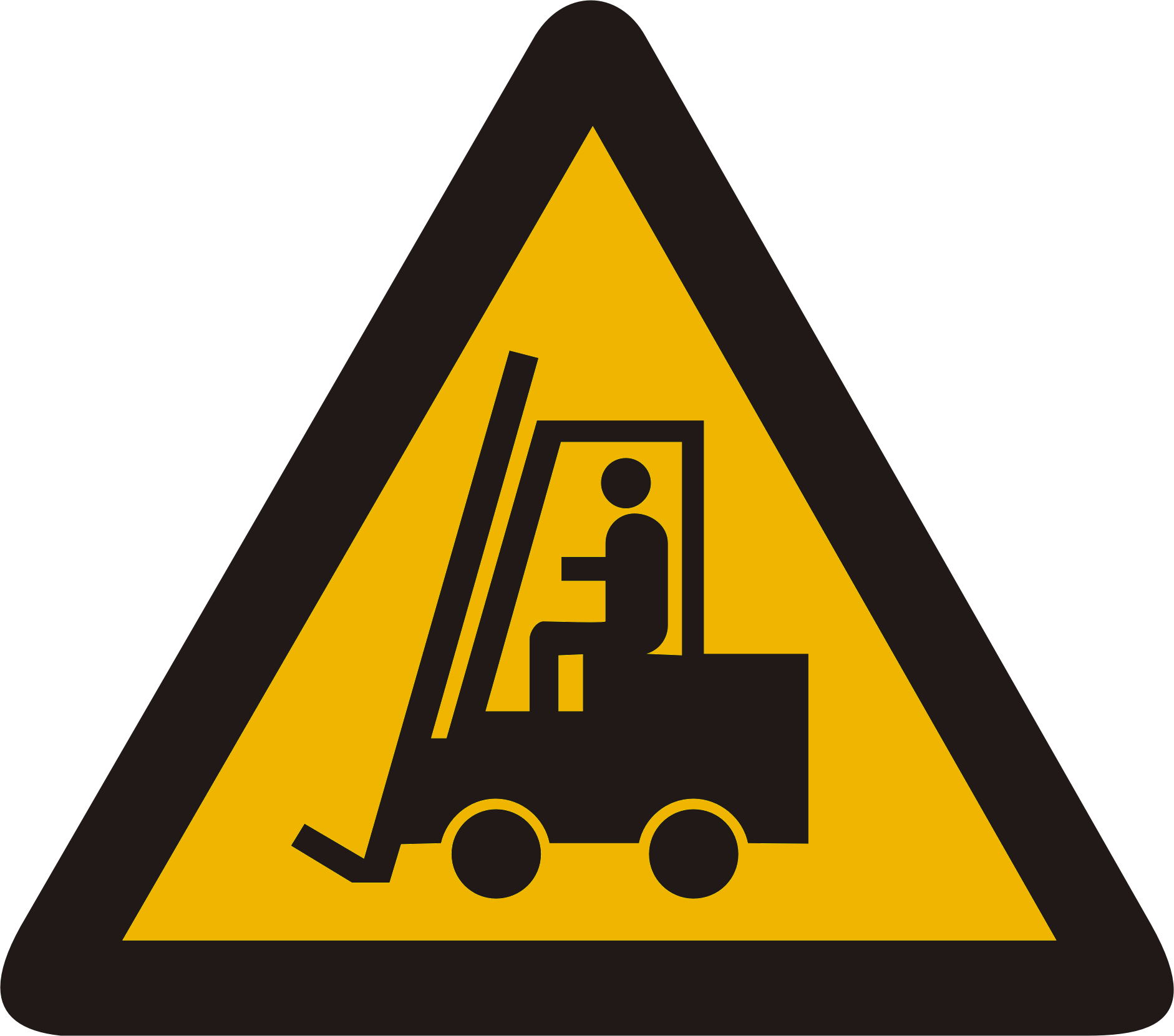The standard of fork lift truck operation observed by our advisors during site visits has at times raised questions over the company training and authorisation to use policies. It is important that employers ensure that lift-truck operators are trained to the standards outlined in the Rider-operated lift trucks ACOP L117, whether using in-house trainers or external training providers.
Fork lift truck training may be provided by an organisation which is:
- a member, or part, of a voluntary accredited body
- awarding organisations subject to other quality assured regimes
- independent, including in-house provision
It is not mandatory for training organisations to be part of a voluntary accredited body, or other quality assured schemes but such bodies and schemes are intended to:
- help set and maintain professional training standards
- help employers select training organisations or lift-truck suppliers who offer a good standard of training
Although being part of such a scheme is voluntary, their use by an employer provides some assurance that the training provided will be at least to the standard described in the ACOP and guidance.
Any competent organisation or training provider will be able to provide details of appropriately qualified and experienced trainers to enquirers who seek advice about lift-truck training, along with a description of their assessment criteria.
C&C Consulting Services Ltd and our Sister company C&C Training Ltd can provide advice on workplace transport training.
Monitoring and assessment
Lift-truck operators, even those who are trained and experienced, need to be routinely monitored in the workplace and, where necessary, retested or refresher trained to make sure they continue to operate lift trucks safely.
You can identify the need for further training using a formal monitoring and assessment process, carried out by a suitably competent person, such as an instructor. Formally timetable this assessment (for example a retest) to make sure it is done at reasonable intervals. Where an operator fails this assessment, arrange further training for them. You may find it useful to record these assessments in operators’ personnel records.
Refresher training
Regular refresher training will ensure operators:
- maintain good driving habits
- learn new skills where appropriate
- reassess their abilities
Refresher training or retesting might also be appropriate where operators:
- have not used trucks for some time
- are occasional users
- appear to have developed unsafe working practices
- have had an accident or near miss
- have changed their working practices or environment
There is no specific time period after which you need to provide refresher training or formal assessment. However, you may decide that automatic refresher training or a retest after a set period (for example 3-5 years) is the best way to make sure employees remain competent. Where you adopt this approach, you will still need to monitor performance, in case operators need extra training before the set period ends.
The length of a refresher training course will be set by assessment of the operators to identify shortcomings and any unsafe habits which need correction. It is not, therefore, possible to advise on the length of refresher training. However, it is unlikely that refresher courses of less than one day will be effective.
Supervisor training
It is essential that supervisors have enough training and knowledge to recognise safe and unsafe practices. This does not mean they need full operator training, but they do need to understand the risks involved, and how to avoid or prevent them. Some organisations offer training courses for supervisors and managers of lift-truck operations.
Supervisors should be able to:
- carry out an effective observation and know what to look for
- communicate effectively with operators and line managers
- recognise unsafe practice and behaviour
- maintain and promote health and safety standards
Use of trucks by non-employees
Use of lift trucks by people other than employees is increasingly common. Typically this is done by visiting lorry drivers and service engineers. Employers and site controllers should cooperate to ensure that only adequately trained people operate lift trucks. Operator competence can be demonstrated via an appropriate training certificate and operators should be familiar with the specific risks of the machine and site (e.g. Machine stability, load type/size, site layout and surface including slopes, etc). The degree of familiarity of site/machine risks should reflect what operators are asked to do and how it is to be done, as well as where the tasks will be carried out.
Certificates of training
There is no legal requirement to issue certificates of basic training, but they can provide evidence that operators have received relevant training and achieved an appropriate level of operating ability.











